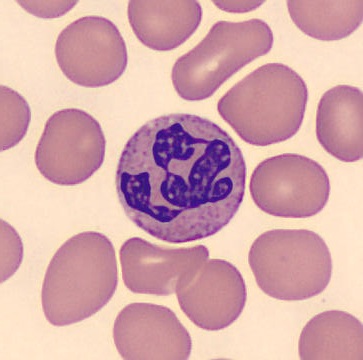Test Results plus Symptoms diagnosis bloodtest
 Published: 7 Apr 2024
Published: 7 Apr 2024
A blood test is typically composed of three main tests: a complete blood count, a metabolic panel and a lipid panel.
High levels are a possible indicator of heart problems.Irregularities are a possible risk factor for heart disease and other medical conditions.
HDL cholesterol, also known as high-density lipoprotein (or good cholesterol), is useful in protecting against heart disease. It is worked out by dividing HDL cholesterol into total cholesterol. Each test for different things, which can be understood through a detailed analysis of the results.
Confusingly, it is likely that the results of the three tests will not be differentiated from each other and, instead, will be listed under one large column, often labelled "Test Name". Within each are various sub-tests, which altogether give a broad picture of an individual's health.
The lipid panel consists of various tests used to measure the different types of triglycerides (fats) and cholesterol in the blood.
Total cholesterol test measures the overall levels of LDL (bad) and HDL (good) cholesterol in the blood.
Tests for triglycerides, a fat found in the blood. Low levels can increase the risk of heart problems.
LDL cholesterol test, also known as low-density lipoprotein (or bad cholesterol), is linked to heart disease and clogged arteries.
Total cholesterol to HDL ratio test, calculating this ratio can help determine an individual's risk of developing a heart disease.
If you're having an NHS health check, your blood test is usually a quick finger prick test that looks at the blood's glucose and cholesterol levels. Each bottle is labelled with your name, date of birth and hospital number, when the blood was taken, and has a different coloured top according to the type of test. These help monitor your risk of heart and circulatory diseases and diabetes, or how your condition is being managed.
Tests for different chemicals and proteins can indicate how your liver or kidneys are working. A test for troponin can help to diagnose a heart attack, and a test for brain natriuretic peptide (BNP) can help diagnose heart failure.
If you take warfarin, your INR level (a measure of how quickly your blood will clot) will be tested regularly to make sure that you are prescribed the correct dose.If blood test results are abnormal, it gives the doctors a good indication of how to treat you or prevent problems occurring in the future.
This may be done in hospital or by your GP or practice nurse. Blood needs a very precise balance in order for your body to work well. Blood tests are usually done to check how your body copes with illness, injury, inflammation, infection and some types of medication. If the results are higher than recommended, you may be asked to go to your hospital for a full blood test.
Usually, the blood bottles contain small amounts of a chemical to stop your blood clotting in the tube, so it can be measured accurately in the lab. Then they are taken to be analysed.
Blood tests can be used for many different things, including to check cholesterol and blood glucose levels.
 Published: 7 Apr 2024
Published: 7 Apr 2024